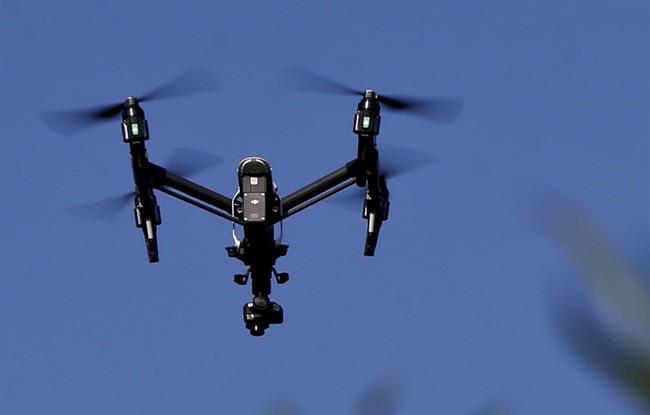Serbia's Digital Surveillance Controversy Unveiled
Amnesty International's report reveals extensive use of advanced surveillance technology by Serbian authorities, raising critical questions about privacy and human rights compliance.
Published December 19, 2024 - 00:12am

Image recovered from guardian.ng
The recent report by Amnesty International has sent shockwaves through Serbia, as it unveils allegations of the misuse of sophisticated surveillance technology by Serbian authorities. According to Amnesty's findings, the government has been deploying advanced spyware, notably NoviSpy, to infiltrate the devices of journalists and activists. This invasive tactic forms part of a broader campaign of digital repression, aiming to stifle criticism and dissent from the civil society.
Serbian authorities stand accused of using Cellebrite, an Israeli company's technology widely used by law enforcement globally, to unlock mobile phones without users' consent. The Amnesty report, titled A Digital Prison, brings to light numerous testimonies from individuals who claim that their devices were covertly compromised during police custody or interviews with intelligence officials. These revelations paint a disturbing picture of state overreach into personal privacy, raising alarms among human rights organizations and digital privacy advocates.
Central to these concerns is NoviSpy, a Serbian-developed Android spyware that enables remote activation of microphones and cameras, allowing authorities to extract sensitive personal data. Such capabilities can severely compromise personal security and freedom of expression, especially when wielded without proper legal oversight. Human rights advocates argue that these actions represent a dangerous erosion of privacy rights and pose significant threats to democratic freedoms in Serbia.
Prominent Serbian activists and journalists have come forward as victims of these practices, providing Amnesty with crucial forensic evidence. Nikola Ristic, a Belgrade-based youth activist, detailed how his phone was hacked following his arrest at a protest. Similarly, investigative journalist Slaviša Milanov allegedly found his device tampered with during a dubious police encounter. These testimonies underscore the chilling effect of these surveillance tactics, instilling fear and self-censorship amongst those fighting for human rights and environmental protection.
Amnesty International underscores the potential geopolitical implications, as Serbia's data extraction tools were part of a broader technology package intended to aid its EU integration efforts. The report also highlights the political ramifications, with outspoken criticisms coming from Norwegian officials over their temporary suspension of Cellebrite deliveries to Serbia in 2018 due to skepticism surrounding the technology's use.
Moreover, the report scrutinizes the lack of accountability from Serbian authorities, who have dismissed the allegations as absurd. Despite the police and the intelligence agency's insistence that forensic tools are used in compliance with national law, a lack of transparency in surveillance practices persists. The international community's calls for thorough investigations into these allegations have been met with tepid responses from the Serbian government, further fueling concerns over unchecked government surveillance.
Amnesty's findings call into question the ethical responsibilities of technology providers. Cellebrite, when notified of these potential abuses, reiterated their commitment to legal compliance and protection of human rights. Nonetheless, the possibility of their technology facilitating human rights abuses has sparked debates about the role of private companies in the surveillance ecosystem.
This ongoing controversy touches on broader themes of state control and the delicate balance between national security and civil liberties. As Serbia continues to grapple with its aspirations of European integration, the scrutiny over its adherence to democratic principles and human rights obligations intensifies. Whether these revelations will catalyze reforms or deepen distrust in government institutions remains to be seen.
The situation underscores a profound need for international regulatory frameworks to ensure surveillance technologies are not misused, defending the fundamental rights and freedoms of individuals worldwide. As cases of digital repression grow globally, the Serbian case serves as a potent reminder of the vigilance required to safeguard democracy in the digital age.






